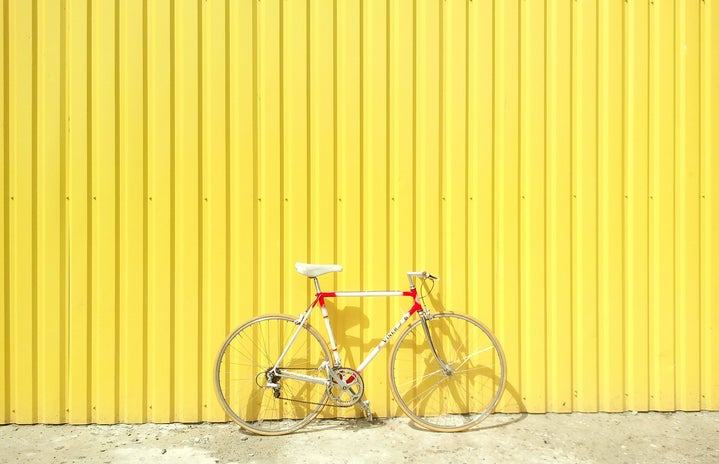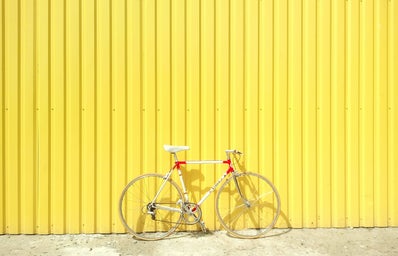In the midst of composing a message, I raise my head to tell others that I really don’t demand too much from the city I live in.
They don’t believe me.
“Tokyo,” comes the sneer, as they start to dissect a city with hundreds of copies of stores you don’t need, far too many tangled train lines, trillions of lights from buildings that extinguish the night and prices that race against their own taxes.
“I’m always ready to adjust,” I protest, but nobody buys that one.
“How much is your rent?” comes the retort and I wince.
I (like to) think I’m humble.
I don’t sit around in dark cafes and bright offices lusting after lush forests and clouded mountains. Corporation commissioned spurts of green and pink that burst out from between road dividers and children’s parks stuffed beside apartment gardens make a nice enough photo for Instagram once you’ve gotten a flattering angle.
I’ve learned to fold myself into a twenty meter square room for all my life needs, flipping over a small space over and over again to transform it from a dining room to a bedroom to a study room to an exercise space or a mixture of everything. Balconies are built so we can dry our clothes and store A/C boxes, not for sitting and enjoying the view the way someone flung out into the hinterlands would have the audacity to do. Maybe buy a potted plant, if you’re home long enough to admire its growth every now and then.
The air here doesn’t smell of berries and breeze, or fresh crops and foliage, but as long as it’s (relatively) smoke-free and not too dense with the reek of city life, most of us barely notice. There are more important things to attend to.
Yes, all right, I agree the people are overdressed. Heels are too high, suits are dangerously tailored (three kilograms heavier or lighter and the customization perishes), everything is overly formal and expensive and there is an art, no, a dark magic that’s required in order to look the same way at eight in the evening as you did during eight in the morning. However, in a city of population thirteen million, you’re constantly aware of the fact that you are a relatively insignificant existence in a very expensive storage cell and that with so many people who surpass your meagre qualifications, you are nothing if not replaceable. Looking the best you can is not an attitude problem in Tokyo. It is a survival tactic.
Anyway, it’s my turn to make a criticism.
I really think all of you walk too slow in the pleasant little towns and smaller cities you thrive in, where vegetables aren’t luxury goods and touching the ceiling of your house requires a ladder instead of tiptoeing. We have so many trains and buses waiting to be caught and yet we’re always racing for them. Imagine how productive you could be if you matched up to our speed in your own ambling environment. But that would mark you as different from everyone else.
We are terribly endearing when we go on vacation. The last work day has just barely ended but grinning people with dark ringed eyes are already stuffed into trains with hiking bags and rolling cases, checking on cameras and smiling at train passes, their literal ticket to freedom. After a stretch in the city, the idea of seeing expanses of green and stumbling into forgotten temples or gorging one’s self at an empty restaurant at six in the evening where you can taste life itself are thrills that’ll never fail to exhilarate us. However, soon, we start longing for longer nights, buildings to look up at and brightly illuminated LED screens. Rest has to be earned, after all. It cannot be a constant state of existence. That is how we are bred.
There are pleasures, of course. Anything we dream of is contained and ready within a self-sustained kingdom at the heart of which we reign. New impulses are instantly indulged, there’s never such a thing as boredom, and we get everything before the rest of the world, be it food, fashion, friendship or fame. Naturally, these things don’t come cheap.
“City people,” someone complains and makes a face, “They’re not like us!” The charge is ignored. Set faces turn to phones, textbooks are flipped, memos are scrawled and people plunge in and out of train compartments. Our time and energy is too scarce to respond to such trivial insults.
I (like to) think that we aren’t as arrogant as others think. We don’t ask for much, believe me.
Quakes claim the earth for their own, towers engulf the sky and we are content to make our short(ened) lives within the intervals of silence that we grab from the former and the shadowy crawlspaces we receive from the latter.
We are nothing if not simple. And at the same time, we cut between extremities of wonder and tragedy.
And ultimately, we are the most grateful.
photo credits:
Dai Lygad http://www.flickr.com/photos/126337928@N05/26295280033″>rain and colours via http://photopin.com”>photopin https://creativecommons.org/licenses/by/2.0/”>(license)
MashrikFaiyaz http://www.flickr.com/photos/144410977@N03/31706510346″>Red Signal via http://photopin.com”>photopin https://creativecommons.org/licenses/by-nd/2.0/”>(license)

